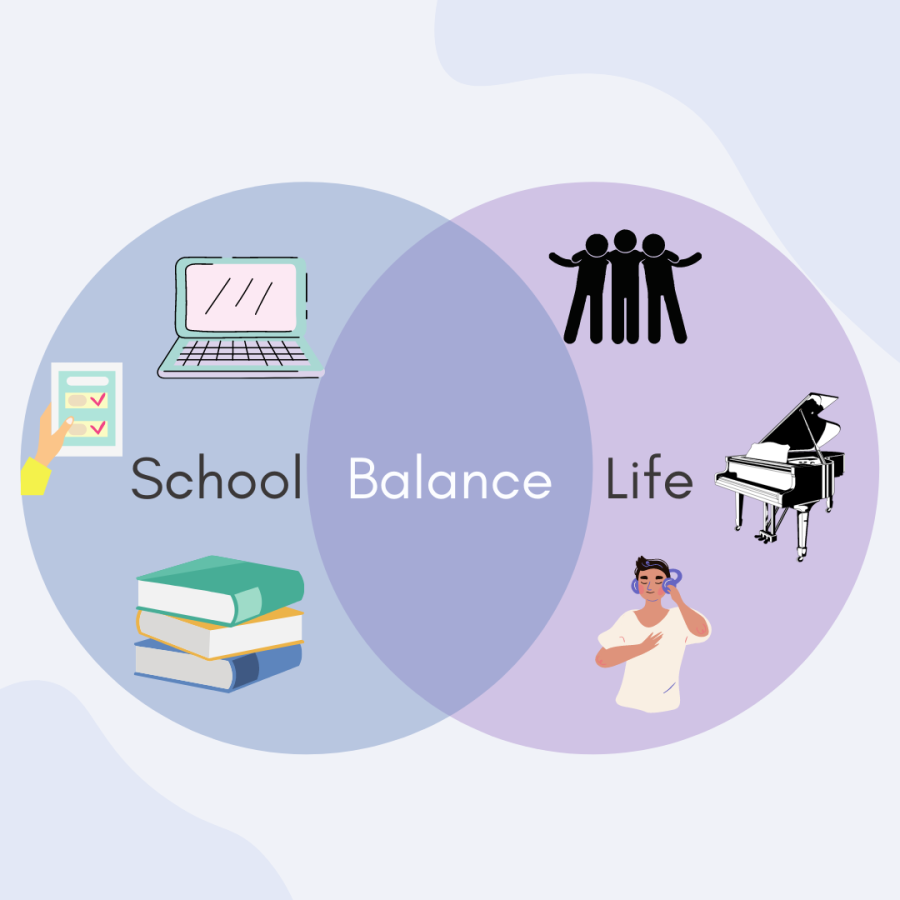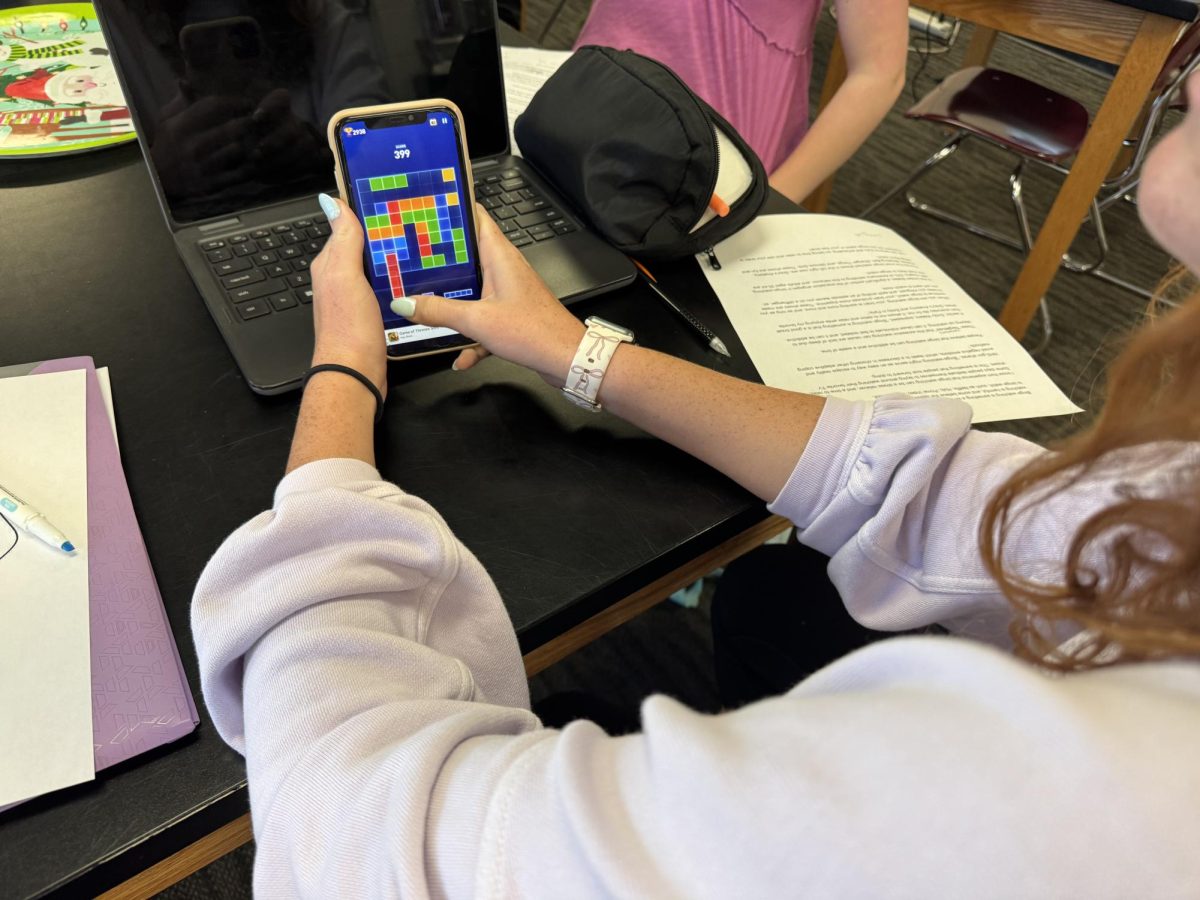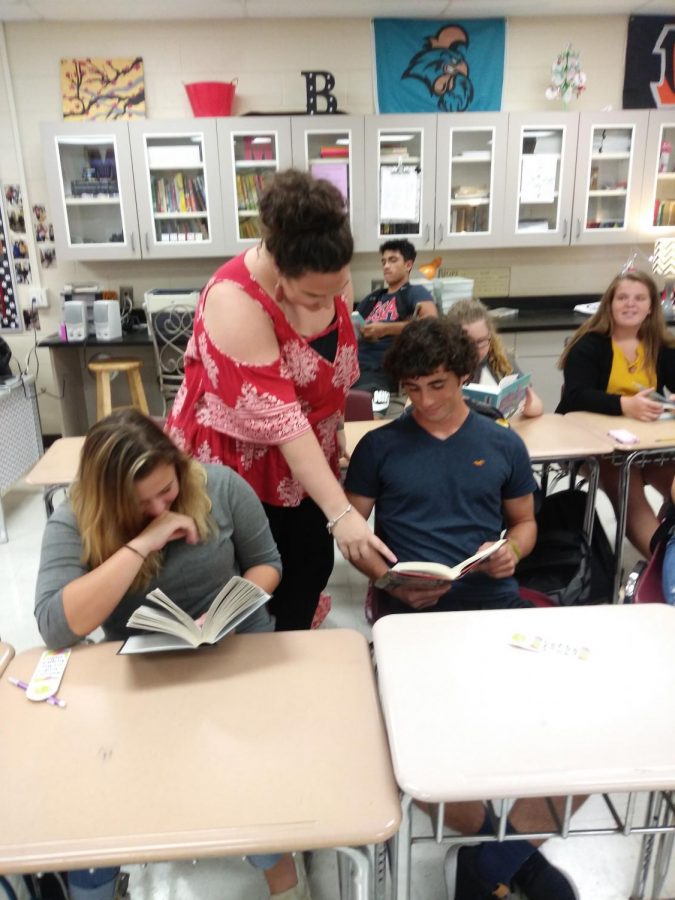Apathy Approaches Adolescence
October 3, 2018
Student apathy can be defined as the unwillingness or loss of interest in learning. As children grow up, their willingness to learn decreases. Teachers and classroom learning are highly affected by this. Efforts to discuss and better the situation are mainly discussed between the adults (parents/teachers) while the children deal with their changing habits by themselves. Parents sometimes blame teachers for what they cannot fix. A solution cannot be found through these methods. Parents, teachers and students need to corporate and understand each other’s points of view.
The United States is a place with an easy to understand learning system. Although this is a general statement of truth, students find it difficult to engage in its classroom setting. Is this issue caused by technological gain or a lack of creativity? Or could it be students have lost joy and motivation overall because they feel it is time to end their ‘child learning’ now?
The case might just be both. Some students are at the end of the road and feel it is unnecessary to partake in what they deem ‘repetition and memorization’. The memorization answer has been world-wide, so is this apathy travelling? Studies have shown that not only students but adults themselves struggle with an inability to concentrate. If our adult population can’t concentrate, then what about our posterity? This is exactly why need we cooperation between all parties.
Most teachers are doing the best they can with what they are given.The exceptions to the rule are those who are dismissive at their students and feel it is the complete responsibility of the parents in all aspects. While parents carry most of the weight, some students need encouragement in school.
Parents play a vital role in the lives of their children. Most of the support a child needs must derive from home. Parents need to have important discussions with their teens and reassure them in their schoolwork. They need to know that the responsibility is mostly on them and that witch hunts on teachers are not approved.
Students have some of the responsibility to steady themselves in school. They need to have an idea of their path and understand that school is a part of life. Education is highly valued and rewarded with corresponding opportunities. As The Washington Post states, “But our kids have to learn to be self-motivated because at some point in every person’s life, either at school or in a job or in a marriage, he or she will have to buck up and say, ‘This is hard. This is boring. I don’t want to do this. But I’m doing it anyway. And I’ll do my best.’”




































